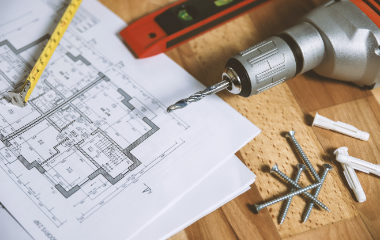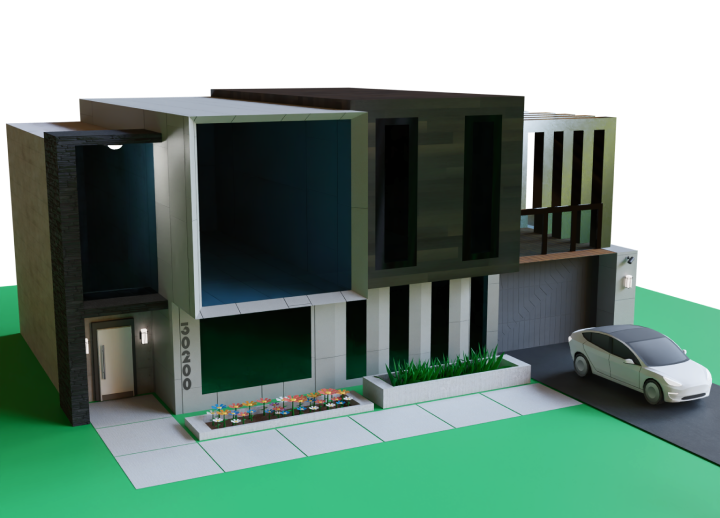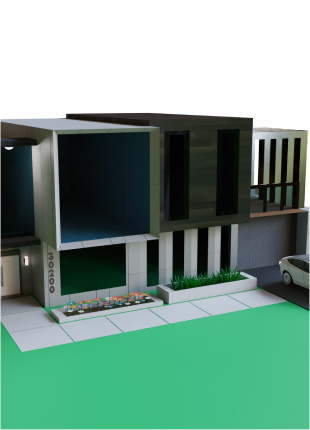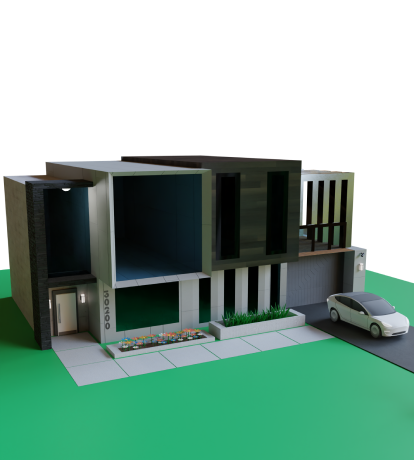
The mortgage rates we are seeing nowadays are fluctuating so fast that they can change by the day, hour, or even minute. Rates go up and down based on many factors such as inflation and economic growth, so the most important thing for homeowners who intend to buy their home is not just getting that lowest rate--but securing it with a lock-in contract before something changes.\nA mortgage rate lock is a guarantee that you'll get to enjoy your fixed interest for as long as you need it, without any concerns about rising prices or changing conditions (regardless of whether they're higher or lower). But- just like stocks -rates can go up and down. If this happens after we've locked in our loan, all bets are off! The only way out: one time float down with an option for locking at a different price if needed before contract expiry date expires.
\nBest Time to Lock
\nYou can lock as soon as you get pre-approved, so long as you're comfortable with the interest rates and monthly payments. Predicting mortgage rates is nearly impossible so it's best to find the best rate available now. If you lock too early you can extend the deadline. Most lenders offer 30-60 days before extension fees are charged.
\nHow Much Does It Cost to Lock?
\nRate lock fees vary by lender, and it depends on the amount and term of your mortgage loan. The cost of a rate lock is often pooled into the rate you’re offered.
\nWhat Happens when the Rate Expires?
\nThe lender might offer to extend your rate lock, either free or for a fee. If they are unable to do so, the combination of rate and points you had expected might no longer be available. In that case, the loan would be based on the new prevailing rate.
\nWhat about a Float-Down Lock?
\nSome lenders will offer a rate lock with a float-down option. A float down specifically allows the borrower to take advantage of a fall in interest rates during the lock period. There’s typically an additional cost for this, so make sure it makes sense for the possible savings involved.
\n






